HFCC Network COVID-19 Response
In late March, the Texas Hunger Initiative reached out to all of our Network Coalitions to learn about projects coalitions are implementing. Below are a few highlights. While these stories are not exhaustive we hope to provide a glimpse into the great work HFCC’s across the state have been up to. As of March 2020:
85% have shifted a project or created a new project to address the crisis
75% had active projects or action teams prior to COVID-19
55% have created, developed or built new partnerships because of the crisis
50% had continued meeting post isolation orders
Dallas Coalition for Hunger Solutions
This coalition has been focusing on (like many other coalitions) informational sharing and connecting with partners, while also developing new partnerships within these connections. In addition, their Urban Agriculture Action Team is moving forward with their online annual survey of garden projects. They are now working to obtain info, including if/how community gardens are operating during the pandemic, if/how they are sharing produce from their gardens.
Johnson County Hunger Coalition
The coalition is working to support a new mobile pantry project. The Tarrant Area Food Bank (TAFB) is developing mobile pantry sites at Texas Health Resources facilities in Cleburne and Hughley for employees with reduced hours due to COVID-19. The coalition is working with TAFB to determine how many families would need help and to pre-qualify them.
McCulloch County Hunger Coalition
This coalition is still in its early stages of development, however this crisis has helped bring people to the table that were hesitant to work together before and has propelled the coalition into action. Coalition members rallied around providing food curbside at the Heart of Texas Event Center as well as delivering food. During their first week of serving, they were able to feed over 300 families and deliver 245 meals. They also have recruited volunteers to shop once a week for those who cannot leave their homes.
Smith County Food Security Council
One of the first things they addressed as a coalition was the closure of several pantries because of a majority at-risk volunteer base. They were able to connect those closed pantries with local pantries still operating in order to develop a plan that allowed closed pantries to fill boxes at their site and deliver to open pantries to be distributed.
The coalition also developed an unlikely partnership with a local restaurant supply company who had a surplus of food they were able to donate to St. Paul’s food pantry (one of the few remaining operating pantries in the area at the time). They hope to continue this partnership in the future.
South Plains Hunger Solutions
Since the food bank and the school districts were focused on providing families and students with meals, the coalition decided to focus their efforts on supporting the continuation of local snack bag programs. Additionally, they have been able to deepen their relationships with partners that previously existed but were not as robust as they could have been, including the South Plains Food Bank, the local independent school districts, and community organizations focused on hunger.
Washington County Food Security Network
Coalition supported pantries have shifted to pre-bagging donations that will be left outside for community members in need to access utilizing the honor system. They have continued their mobile pantry with modifications, including social distancing, to ensure the safety of volunteers and clients. The coalition also supported broader community efforts by hosting Zoom calls. For example, they successfully hosted a Zoom call for all the food pantries in the area, mitigating the extra work of Brazos Valley Food Bank having to talk to each separately, as well as, hosting a Zoom call supporting folks interested in creating a large community garden.
“Having the coalition in place prior to this crisis has helped tremendously. We have built up trust with organizations and important players in the community. We know whom to call and are able to share resources, problem solve, and advocate for our community during this crisis because of the strong relationships that have developed through the coalition.”
Author: Zane Peng
6/4/2020
